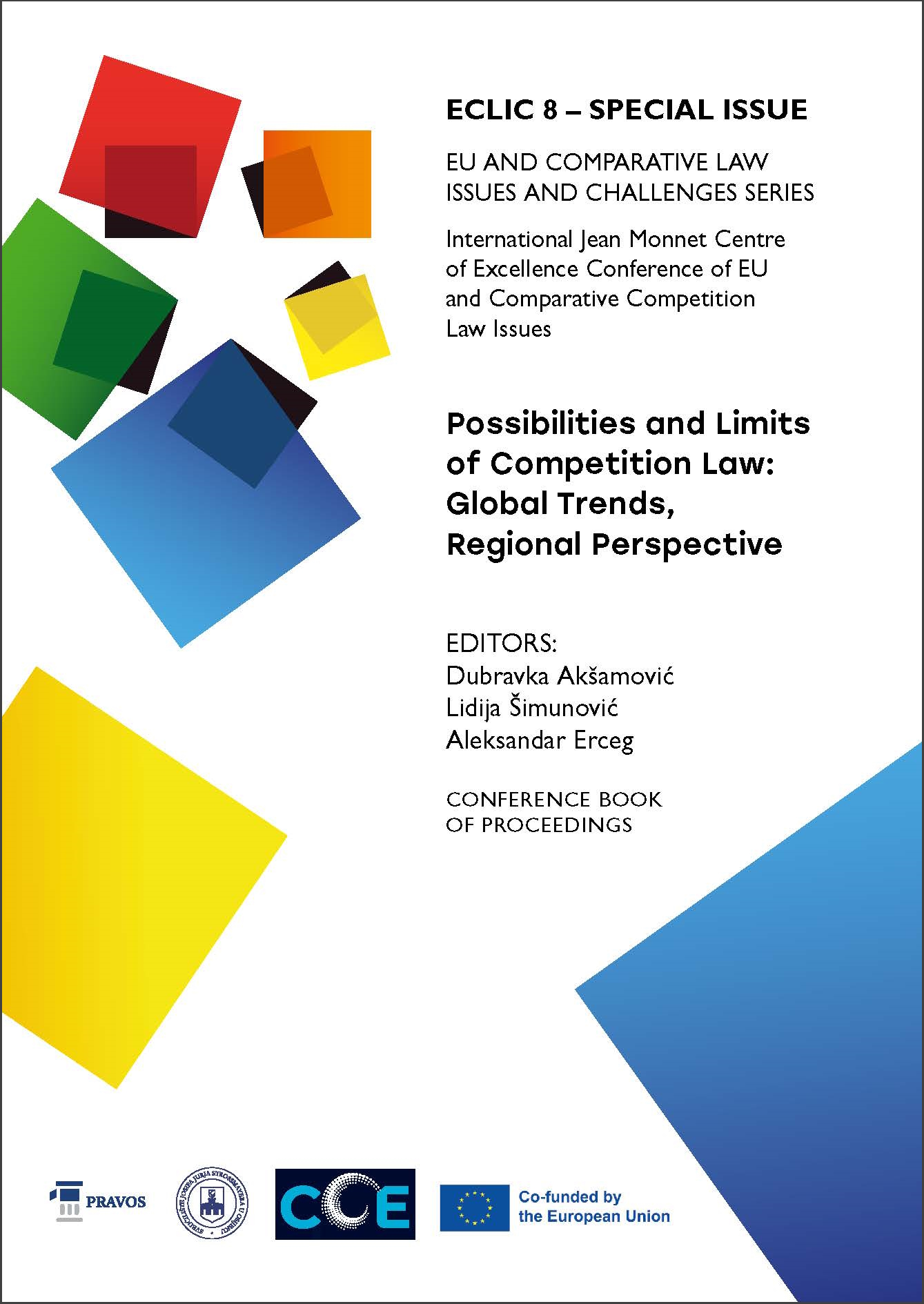NON-COMPETE CLAUSE IN BULGARIAN LABOUR LAW
DOI:
https://doi.org/10.25234/eclic/35842Abstract
Work is inherent in every person. Thanks to the exercise of active, purposeful efforts, a person acquires funds not only for their physical survival, but also for their development and growth as a person. Recognition of the possibility of employment is proclaimed to be a fundamental human right. The right to work is recognised and protected in a number of international instruments and national legislations. The right to work is also guaranteed in the Constitution of the Republic of Bulgaria. Citizens shall have the right to work and every citizen shall be free to choose an occupation and a place of work. Traditionally, it is an understanding that the employer is the economically stronger party in the employment relationship. The means of production he possesses (buildings, machinery, technology, commercial relations, etc.) give him an economic advantage over the worker, who possesses only his workforce — physical strength, knowledge, skills. From the economic position held, the employer can apply different approaches to retain and limit the mobility of his employees. Without neglecting the employer’s right to protect its economic interest, the conclusion of the non-compete agreement must guarantee the rights of the worker and comply with the law of competition in labour market. The aim of the research is to present the regulation of the non-compete clause in Bulgarian labour Law and the relevant case law. Faced with the need to conclude an employment contract or to maintain their employment relationship, workers often do not understand or ignore included non-compete clauses. Knowledge of the legal framework is an indispensable step towards protecting labour rights. In this regard, the first research purpose is to make an overview of the relevant Bulgarian legislation. The study of case law is essential for legal science. On the one hand, case law gives the understanding of the institute concerned, concept, legal order. On the other hand, case law provides an opportunity to analyse how the law established by the legislature operates in practice and whether the relevant objective has been achieved. Summarizing the principled understandings of the Bulgarian courts on non-compete clauses is the second research purpose. Knowledge of the peculiarities of the non-compete agreement matters for both theory and practice. Bulgaria is part of the EU labour market. Knowledge of national legislation will assist foreign researchers in developing relatively empty research. Bulgaria guarantees the right to free movement by workers who are nationals of another Member State of the European Union. Knowledge of national legislation is also relevant in cases of labour mobility. Both general and special methods of scientific knowledge were used in the conduct of this study. The two main approaches also applied to the present study are deduction and induction. The application of the comparative-historical method allows to trace the development of legislation and case law on non-compete clause, the changes that have occurred and possibly to forecast development trends.
Downloads
Published
Issue
Section
License
Copyright (c) 2025 Maria Radeva, Vanya Panteleeva

This work is licensed under a Creative Commons Attribution-NonCommercial 4.0 International License.
Authors retain the copyright on the papers published in the Journal, but grant the right of first publication to the Journal. Papers accepted for publication or already published in ECLIC of the Faculty of Law in Osijek may be published by the author(s) in other publications only with proper notice of its previous publication in ECLIC.


